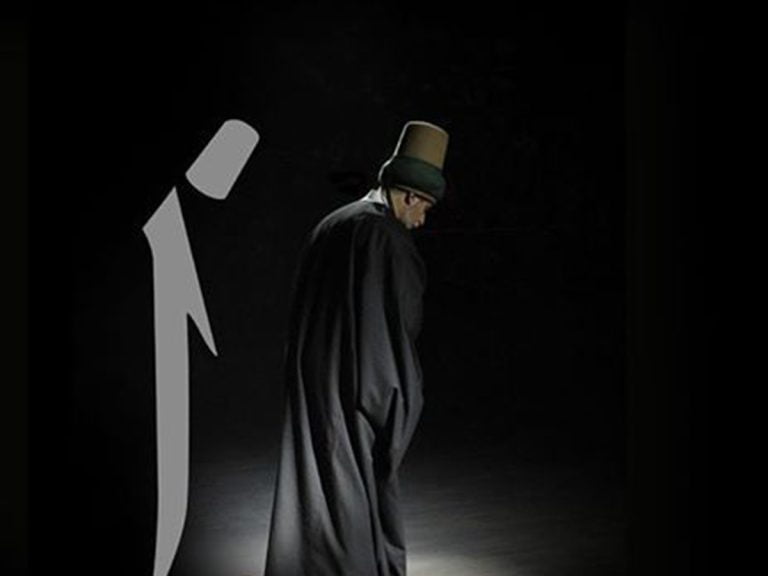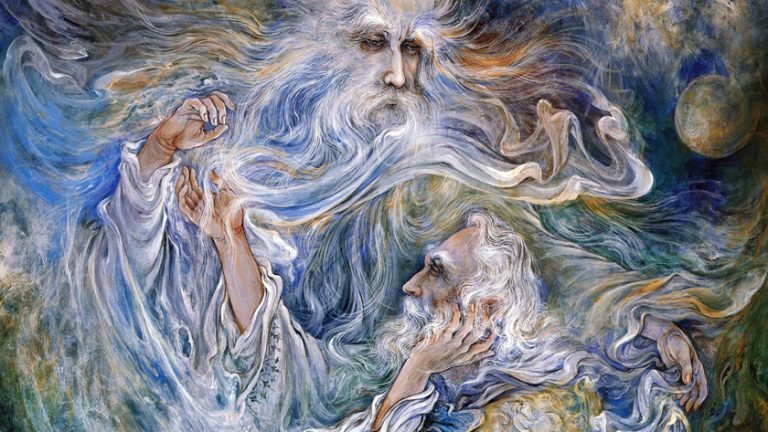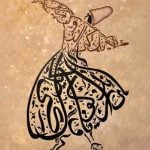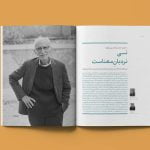That Shams brought about a spiritual metamorphosis in Rumi we cannot begin to doubt, but the nature of their relationship transcended the traditional roles of master and disciple. If Rumi submitted to much of Shams’ guidance, he was nevertheless an accomplished scholar and teacher in his own right, with a following of his own. Shams saw his own spirit reflected in Rumi, the most gifted and spiritualized scholar he had ever met. Had Rumi been a young man, he might have assumed the conventional role of disciple, but Shams, by his chiding and his praises, reveals the unique nature of their relationship. Shams complains of Rumi that “at times his extensive knowledge would come before him and get in the way” (Maq 361), or that he would continue to read the works of others for guidance and inspiration.
Shams engaged Rumi in debate so that together they could arrive at the truth. Sometimes Shams could be relentless and Rumi would tire of it or have to get on with other business, but Shams would persist.
It seems Shams abandoned Rumi as a deliberate part of guiding him to the next stage of spiritual development. Shams explains that his enforced separation from Rumi did not stem from disappointment, anger or a cooling of affection.
Movahhed sees several consecutive stages of development in Rumi based upon what Shams says about him at different times. The first is a raw Rumi, not yet empty of pride for his learning. At this point, according to Movahhed, Rumi is not sure to give in to everything Shams says, and continues to read the works of others.
In the next stage of their relationship, Rumi becomes totally absorbed in Shams, but Shams tries to guide him out of this absorption back into the real world. This stage includes at least the initial separation from Rumi, but upon his return to Konya after his first disappearance, Shams sees Rumi as a perfect man in the making. In the first stage of this attainment of perfection, Rumi reflects the teachings and achievements of Shams to others, just as the moon reflects the light of the sun. This corresponds, in Movahhed’s view, to the period of composition of the Divan. In the second stage, reflected in the Masnavi, Rumi attains a degree beyond even the ken of Shams, one which makes prophets and saints long to be in his company.
While Shams’ comments about Rumi do reflect the entire range of attitudes outlined by Movahhed, we do not know that these statements were, in fact, made sequentially. Whatever the case may be, it is clear that Rumi was more than a simple disciple of Shams; at the same time, he was a teacher, one in whom were combined virtues or achievements that Shams himself did not perhaps possess, like the gift of explaining mystical truths in common language to ordinary people: “I said openly to Mowlana in front of them that my words will not make them understand. ‘You explain. I have not been charged by God on high to speak in such vulgar terms’ (Maq 732).
References
Lewis, Franklin D. Rumi: Past and Present, East and West: The life, Teaching and poetry of Jalal Al-Din Rumi. Oxford: One World Publications (UK), 2000.
Arberry, A. J. Discourses of Rumi, A translation of Fihi Ma Fihi, Samuel Weiser, New York, 1972.










